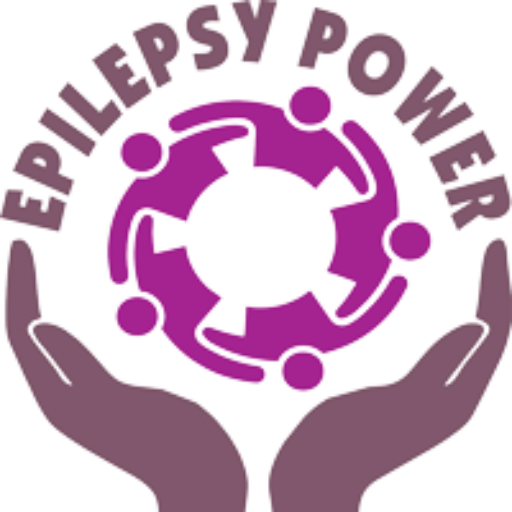- Introduction
- Section 1: Meaning and importance of time management in the working life of people with epilepsy
- Section 2: How can I establish good time management for people with epilepsy in my organisation?
- Section 3: Coaching people with epilepsy – concrete tools & methods
- Concluding remarks
- Quiz
Total Participants: 1
Creating adequate conditions for effective time management for people with epilepsy is a crucial aspect. To achieve this goal, continuous communication between employers and people with epilepsy is essential. This dialogue allows for the identification of individual needs and potential support in a meaningful way.
A key element of successful time management for people with epilepsy is the establishment of clearly defined goals. Through these clear objectives, individuals with epilepsy gain a structured framework in the workplace. This not only enables long-term planning but also empowers them to independently organise their time and methods. Empowering individuals in shaping their work contributes not only to goal achievement but also leads to a reduction in stress factors.
Overall, it is of great importance that employers and individuals with epilepsy work together to create a supportive environment. Regular dialogue and clear goal-setting not only form the basis for effective time management but also promote the integration of people with epilepsy in the workplace. This integrative approach contributes to unlocking the potential of individuals affected by epilepsy, fostering a positive and productive work environment for all involved.
Define clear goals
Setting clear goals in the workplace is crucial for effective time management and success in almost any professional field. In a time when workplace demands and distractions are constantly increasing, clear and well-defined goals provide a clear direction and framework to efficiently utilise limited time and energy. Defining goals allows us to focus our efforts on tasks that truly matter, helps us prioritise, reduce stress, and ultimately achieve more successful outcomes. In this regard, the art of time management is closely intertwined with the ability to formulate goals, as they guide us and provide orientation in a busy world.
“Having lost sight of our goals, we redouble our effort”
(Mark Twain)
Goals are the requirement for successfully completing activities. It is important to define goals to maintain an overview in the hectic of everyday work and to set priorities correctly. Goals help to focus your concentration on what is most important.
It is important to define goals according to the SMART-formula[1]:
S-Specific: A goal must be concrete, clear and precisely formulated.
M-Measurable: The achievement of a goal must be verifiable.
A-Action-oriented: A goal must indicate positive changes.
R-Realistic: A goal must be achievable.
T-Terminable: A goal must have a fixed end time.
Formulate your goals in a positive and motivating way! You can define daily goals, weekly goals, medium-term goals as well as long-term goals for your working life.
Task: Define clear goals for effective time management
Defining clear goals helps with time planning. It is important to write down these clear goals[2]. Project management tools such as Trello can help to document daily and weekly goals.
Please ask your colleagues with epilepsy to choose a project management tool and write down daily goals every day and weekly goals at the beginning of the week. They should check their results at the end of the day/week.
Your colleagues with epilepsy should document their new experiences carefully, for example in a diary.
After an agreed test period, talk to your colleagues with epilepsy about the experiences they have had while defining and reviewing their daily and weekly goals. Does this approach support your colleagues? Do they have any challenges, questions, suggestions for adjustments, etc.? Exchange ideas and discuss possible changes.
[1] Seiwert (2003)
[2] Knoblauch et al (2019)
